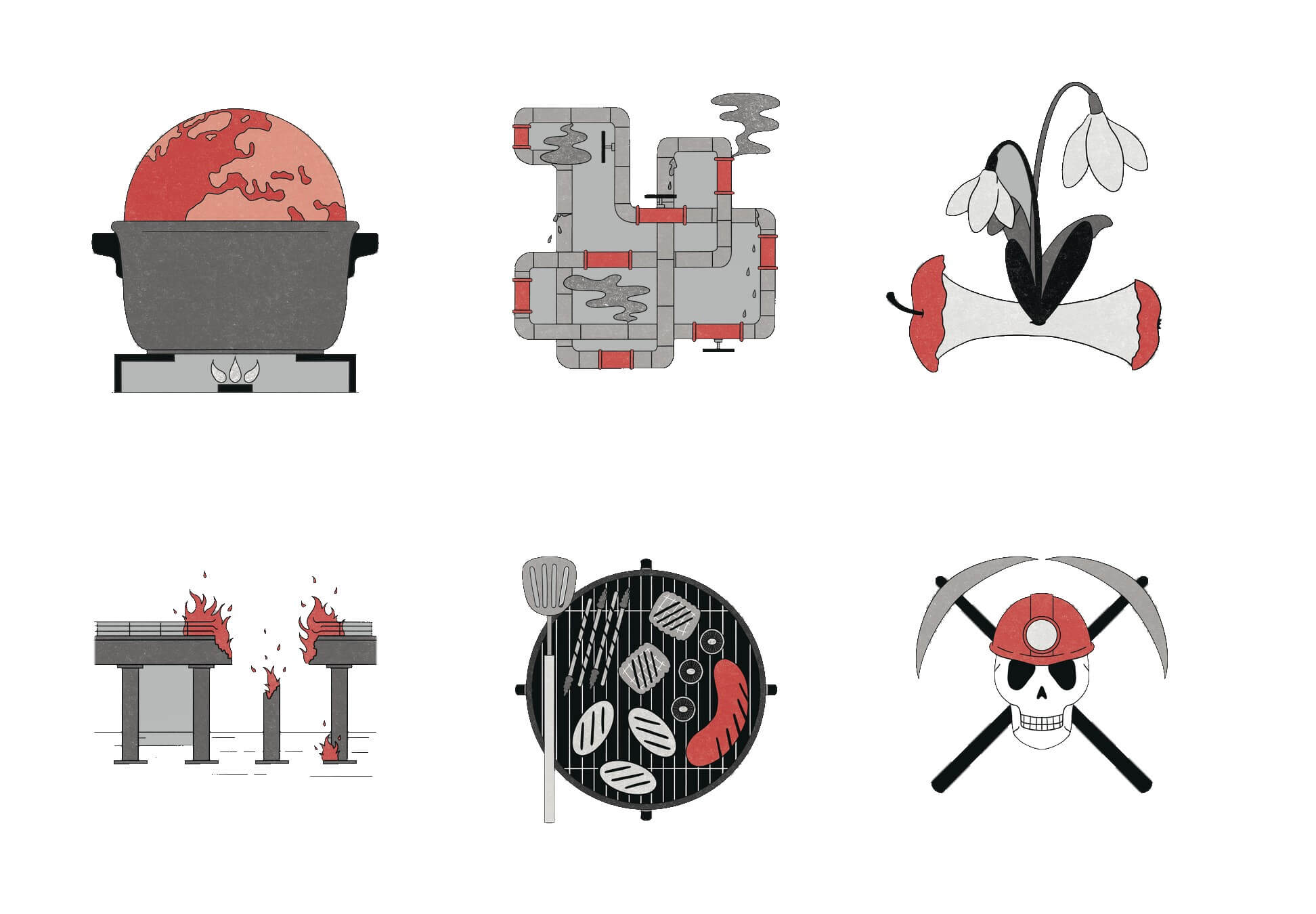Carbon dioxide tends to take all the heat for climate change, but methane is responsible for around 30% of global warming since the Industrial Revolution. More than 110 countries recently pledged to curb emissions by at least 30% below 2020 levels by 2030. What are some solutions?

Cut back on meat
The International Energy Agency (IEA) reports that agriculture is responsible for 40% of global emissions. Most of that comes from livestock. The IEA says that if wealthier households ate less meat, we could save one billion tonnes of methane by 2050.

Plug fuel leaks
Fossil fuels (oil/gas/coal) account for 38% of global methane emissions – (the IEA says methane leaks from the energy sector are about 70% higher than official figures). “If all countries adopted abatement policies, we could cut oil and gas methane leaks by half.”

Shut down coal
While burning coal creates 46% of CO2 emissions, coal mines are responsible for major methane leaks. China’s coal mines make the country the world’s largest emitter of methane.

The bridge is over
The EU is now rethinking its dependence not just on Russian gas after the invasion of Ukraine but on natural gas altogether as a “bridge” fuel. The European Commission has announced plans to speed up its transition away from fossil fuels by accelerating renewable projects.

Waste not
Rotting food and other organic waste created 20% of methane emissions in 2021. Minimizing food waste throughout the supply chain, as well as composting and using captured methane leaks from landfill to heat homes, can help curb emissions.

Goodbye, gas stove
Gas stoves in the United States emit 2.6 million tons of methane (the equivalent of 500,000 cars). We need more government incentives for homeowners who install electric appliances and bans on gas hookups in new developments (like those in New York City and San Fransisco).
Source: IEA (2022), Global Methane Tracker 2022, IEA, Paris







